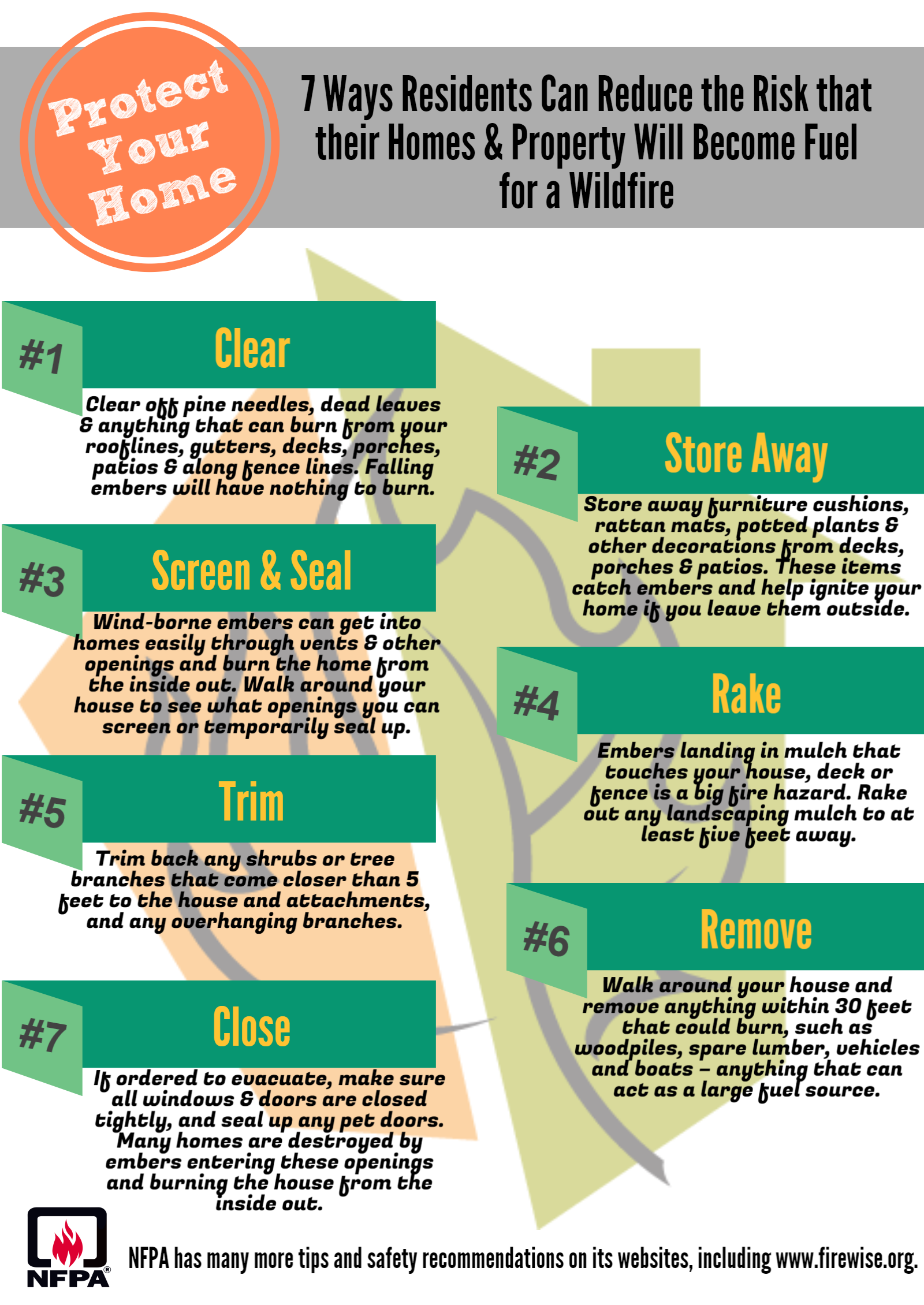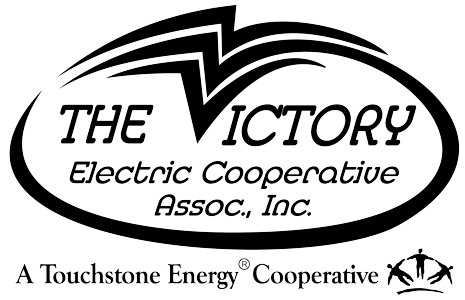Wildfires have devastated California, Texas, Colorado and other states in recent years. Although Kansas may not have the dense forests that other states do, wildfires regularly scorch the Sunflower State, too.
The Anderson Creek Fire in March 2016 spread through 400,000 acres in Comanche and Barber counties after being sparked by a vehicle, setting a record at the time for the largest wildfire in Kansas. That record was broken only a year later, when in March 2017 the Starbuck Fire burned more than 600,000 acres in Kansas—including 75% of Clark County. In December 2021, the Four County Fire in Ellis, Rooks, Russell and Osborne counties burned more than 96,000 acres after spreading rapidly during a derecho, which brought wind gusts of up to 100 miles per hour.
Over the past several years, many smaller, unnamed wildfires have also burned the Kansas prairie, threatened livestock and damaged buildings. On April 12, Kansas Gov. Laura Kelly issued a verbal declaration of disaster emergency because of multiple wildland fires burning in the state.
May has been designated Wildfire Awareness Month to provide education about the danger of wildfires and how to prevent them. Victory Electric supports these efforts and actively works to help prevent wildfires and educate members about what they can do to stay safe and protect their property.
According to the U.S. Drought Monitor released May 11, most of southwest Kansas was in the highest level of drought—Exceptional Drought (D4)—or Extreme Drought (D3). The D4 category indicates the possibility of extreme, widespread crop and pasture losses as well as water shortages in reservoirs, streams and wells. The most recent crop report from U.S. Department of Agriculture’s National Agricultural Statistics Service also emphasizes the gravity of the current drought in Kansas, with 68% of Kansas wheat in poor to very poor condition. Dry vegetation combined with high winds and low relative humidity can create dangerous fire weather conditions that can quickly turn a spark into a wildfire. Most topsoil and subsoil moisture supplies are insufficient as well, which is also linked to wildfire development.

Prioritizing safety
Victory Electric employees monitor weather conditions and have multiple safety processes in place. The tree trimmers remove tree branches and limbs regularly to keep them away from power lines. Line workers and other technicians inspect power lines and use smart grid technology to monitor the electrical system so they can address outages promptly. They also have the ability to adjust system settings when needed as an additional safety precaution.
A recloser is an automated, high-voltage electric switch used throughout a power distribution system that is similar to your home’s circuit breaker. When an electrical issue in your home trips your circuit breaker and interrupts power, you must manually reset the breaker on your electrical panel to bring power back to the affected circuit.
Unlike your home’s circuit breaker, however, reclosers are multi-shot devices. This means they can operate a certain number of times before they stay open and an outage occurs. Victory Electric normally sets reclosers for multi-shot operation. If a tree limb or other obstruction contacts the power lines and creates a fault, the recloser senses it and opens, creating a blink in power. The recloser pauses briefly, then recloses to try and complete the circuit. If the fault is still there, it opens again and creates another blink. If the fault remains after another attempt, the recloser will stay open. The affected cooperative members will then experience a power outage until the fault is resolved by line workers.
During volatile weather conditions such as sustained winds of 50 miles per hour or more and extreme fire danger, Victory Electric can set its system for non-reclose, or one-shot, operation. This means the recloser will try to clear a fault in the power line only once. Using the one-shot setting may result in more outages for cooperative members than the usual multi-shot process, but this precaution helps prevent lines from sparking in dangerous fire weather conditions. This is especially important given the extremely dry conditions and persistent drought our area is facing now. Victory Electric appreciates our cooperative members’ patience and understanding on the occasions when this step is necessary.
Fire prevention tips
According to a study published in the Proceedings of the National Academy of Sciences, around 85% of wildfires in the U.S. are ignited by humans. Although lightning also causes wildfires, most are preventable if we all cooperate and follow safety precautions. Here are some tips from SafeElectricity.org.
- Be aware of any Red Flag Warnings and Fire Weather Watches issued by the National Weather Service.
- Never build a campfire, shoot fireworks, burn debris, use a barbecue pit or initiate a controlled burn when Red Flag warnings are in effect. Before engaging in any of these activities, check local ordinances and burn bans. If engaging in these activities, never leave the area unattended and keep a shovel, bucket of water, fire extinguisher or other fire suppression tools on hand.
- If you see a downed power line or other damaged electrical equipment, notify Victory Electric immediately. Never approach a downed power line or try to move one; stay at least 50 feet away from the area and warn others to do the same.
- Do not park cars, trucks, boats or recreational vehicles on dry grass or shrubs. Always keep vehicles properly maintained to avoid sparking and overheating. If towing a vehicle or other equipment, secure the chains so they will not drag on the ground and throw sparks.
- Use an approved spark arrester on all internal combustion engine-powered equipment on your property, such as lawnmowers, chainsaws, tractors and trimmers. Check and replace spark arresters periodically.
For more information, visit SafeElectricity.org or VictoryElectric.net. If you have a question about electricity, safety, energy usage and conservation, EVs, solar power or a related topic that you would like to see covered in our column, The Victory Current, send it to askcommunications@victoryelectric.net. For questions or concerns about your Victory Electric account, please call 620-227-2139.
